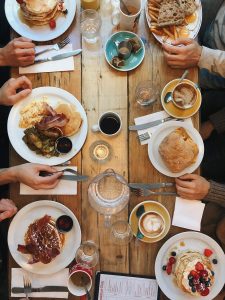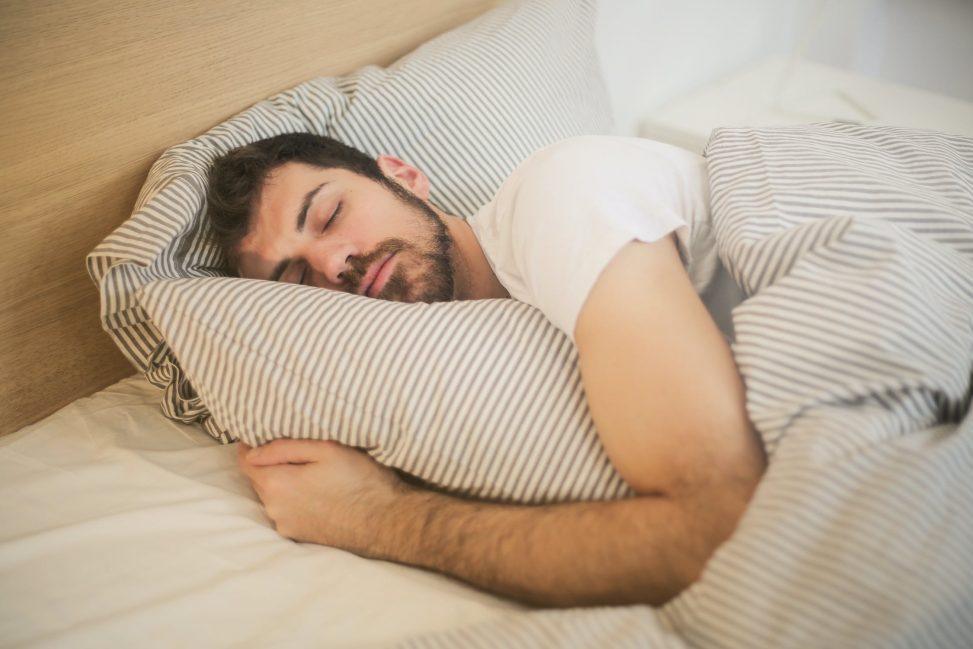Researchers at the American Heart Association recently investigated the effects of poor sleep quality on the human body. Every person sleeps, as it is essential for survival. What most people don’t understand is that sleep and good sleep are two very different notions. Researchers in this study aimed to provide the public with information on how poor sleep can impact the body. It is the hope that this knowledge will encourage people to revise the sleeping habits to ensure a better night’s rest.
Researchers decided to focus their study on non-pregnant women for the sake of specificity and accuracy. Participants between the age of 20 and 79 years old were recruited. The sleeping habits of each participant were assessed using validated, self-reporting method. Any individual reading this with a background in psychology or statistics may be weary of the idea of a self-reporting method. These methods are notorious for creating bias and therefore skewing the validity of the results. Never fear! These self-reporting methods have been proven to provide valid results. The first method assesses sleep patterns over a period of one month. The second method measures the severity of insomnia (inability to sleep). Both methods consist of questionnaires, that require participants to rate or acknowledge their specific sleeping habits. A higher score on each questionnaire is indicative of having poor sleep quality.

Provided by Pexels, Royalty Free Images
Researchers attained data on the diets of each of the participants, in addition to data on their sleeping habits. You may be asking yourself, “Why is a diet relevant?”. Well, I am glad you asked. Diets and sleep may be associated. They both are necessary for survival and fuel every bodily process. The only way to discover if they are associated is to compare the data. Researchers chose a method known as the Food Frequency Questionnaire. This method is brief and allows individuals to self-report their dietary habits.
Now is the moment you have been waiting for… the results. Researchers did find correlations between sleep quality, diet, and energy intake. The first correlation discovered was that individuals with a poorer sleep quality consumed a greater weight of food. The second correlation discovered was that individuals with a poorer sleep quality consumed more foods with added sugars and caffeine. The third correlation discovered was that individuals with greater insomnia severity had a higher caloric intake and a lower fat intake. These discovered correlations may not be all that surprising to you when you look at the big picture. Many of us have had experiences with eating excessive sugars or consuming caffeine right before bed. Most of us find that we have difficulty sleeping when we do this. You may have always questioned if certain habits were associated with each other and now you have some answers.
Why does this matter? That answer is simple. This research has provided valuable information that can be used by you, me, physicians, nutritionists, or anyone. Understanding how our diets, energy intake, and sleep habits impact one another is extremely helpful. We are able to make adjustments to our habits to ensure a better quality of sleep. After all, we know how some people get when they don’t get a good night’s sleep.
Zuraikat, F.M., Makarem, N., Liao, M., St-Onge, M., & Aggarwal, B. 2020. Measures of Poor Sleep Quality Are Associated with Higher Energy Intake and Poor Diet Quality in a Diverse Sample of Women from the Go Red for Women Strategically Focused Research Network. Journal of the American Heart Association: 1-10.

Alex
"This title was very eye catching! That is so interesting that such a ..."
Alex
"This is really interesting! The fact that crops and plants are damaged is ..."
Alex
"Well done, this article is great and the information is very captivating! Ethics ..."
Alex
"I was intrigued throughout the whole article! This is such an interesting topic, ..."
Alex
"This is such an interesting article, and very relevant!! Great job at explaining ..."
Grandpa
"Honey You Did a good job I will forward to my eye doctor "
murphymv
"This article is fascinating because it delves into the details of the research ..."
murphymv
"I agree, adding the photo helped solidify the main finding. "
murphymv
"This is a fascinating finding. I hope this innovative approach to improving transplants ..."
Sherzilla
"This is a great article! I would really love to hear how exactly ..."
Sherzilla
"It's disappointment that these treatments were not very effective but hopefully other researchers ..."
Sherzilla
"I agree with your idea that we need to shift our focus to ..."
Sherzilla
"It's amazing to see how such an everyday household product such as ..."
Lauren Kageler
"I will be interested to see what the data looks like from the ..."
Lauren Kageler
"A very interesting article that emphasizes one of the many benefits that the ..."
maricha
"Great post! I had known about the plight of Little Browns, but I ..."
Sherzilla
"I assumed cancer patients were more at risk to the virus but I ..."
Sherzilla
"Great article! It sheds light on a topic that everyone is curious about. ..."
maricha
"This article is full of really important and relevant information! I really liked ..."
maricha
"Definitely a very newsworthy article! Nice job explaining the structure of the virus ..."
maricha
"It's interesting to think that humans aren't only species dealing with the global ..."
murphymv
"This is very interesting and well explained. I am not too familiar with ..."
Lauren Kageler
"Great article! This post is sure to be a useful resource for any ..."
Lauren Kageler
"Definitely seems like an odd pairing at first, but any step forward in ..."
murphymv
"What an interesting article! As you say, height and dementia seem unrelated at ..."
murphymv
"Great article! I learned several new methods of wildlife tracking. This seems like ..."
murphymv
"Very interesting topic! You explained cascade testing and its importance very well. I ..."
Alex
"This article is really interesting! What got me hooked right away was the ..."
Sabrina
"I found this article super interesting! It’s crazy how everyday products can cause ..."
Erin Heeschen
"I love the layout of this article; it's very eyecatching! The advancements of prosthetics ..."
murphymv
"Awesome article! I like the personality in the writing. Flash Graphene not only ..."
murphymv
"Very interesting work! I don't know a whole lot about genetics, but this ..."
Cami Meckley
"I think the idea of using virtual reality technology to better help prepare ..."
Erin Heeschen
"I wonder if there's a connection between tourist season and wildfires in the ..."
Ralph berezan
"Not bad Good work "
Michelle
"This sounds like it would be a great tool for medical students! ..."